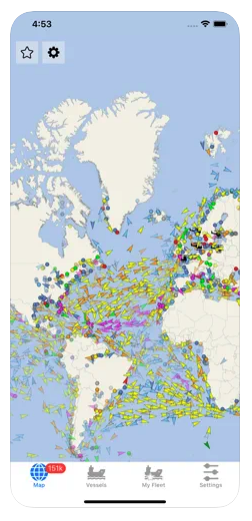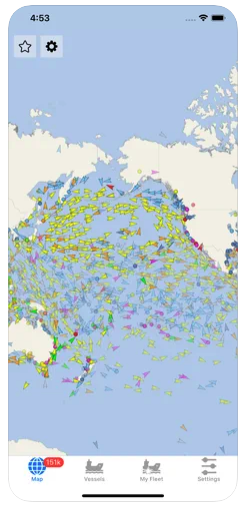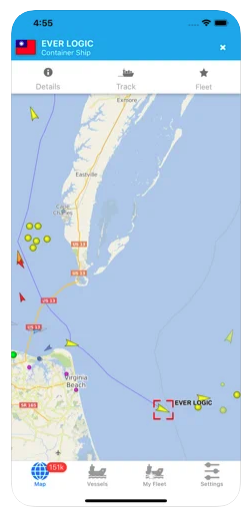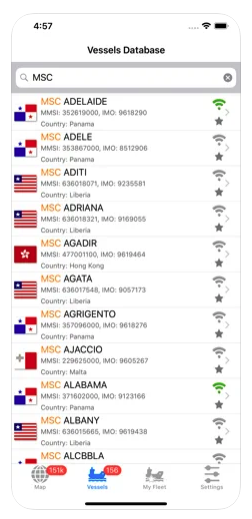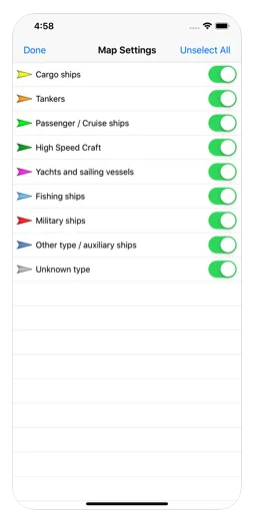The Suez Canal is responsible for 12% of world trade. Its blockage, which took place in the form of a stranded container ship weighing 220 tons, can cause delays in everything we normally see in stores - from food, to furniture, clothes and electronics. Although not directly, this event can of course also affect Apple.
It could be interest you
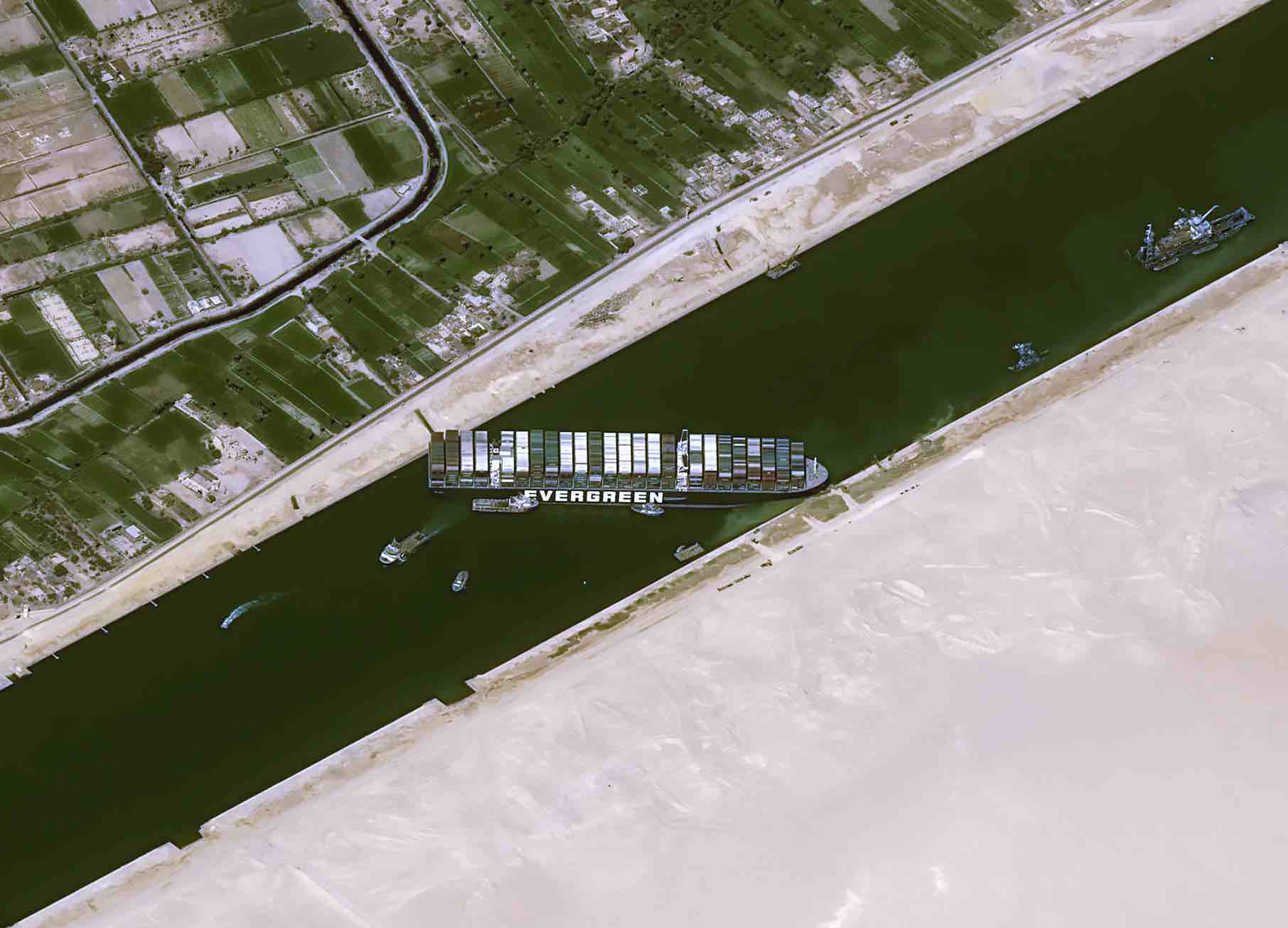
The blockade of Suez took place on Tuesday morning, i.e. March 23. A violent sandstorm caused poor visibility and thus worse navigation of the ship Ever Given into the canal. This 400 m long "plug" caused the impassability of the most important trade artery between Asia and Europe. Work was done day and night on the recovery and the vessel has now been freed with the help of pulling and pushing manoeuvres, on which 10 tugboats worked at high tide.

Only 400 m is enough to block 193 km
The Suez Canal is a 193 km long canal in Egypt connecting the Mediterranean Sea and the Red Sea. It is divided into two parts (northern and southern) by the Great Bitter Lake and forms the border between Sinai (Asia) and Africa. It allows ships a direct route between the Mediterranean and the Red Sea, whereas previously they had to either sail around Africa around the Cape of Good Hope, or transport cargo overland through the Isthmus of Suez. Compared to sailing around Africa, the journey through the Suez Canal, for example, from the Persian Gulf to Rotterdam was shortened by 42%, to New York by 30%.
It could be interest you
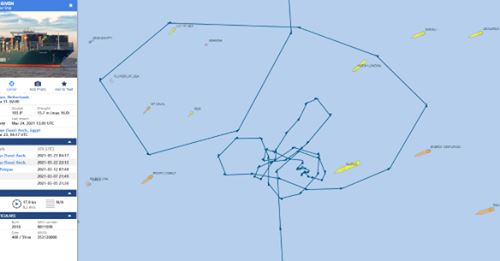
Around 50 cargo ships pass through the canal every day, which until late yesterday afternoon had to wait for release. The vessel Ever Given with 20 containers on board first managed to move the stern by more than 100 meters from the bank of the canal, in later hours the ship was completely freed. If you were wondering how much this whole situation costs, then according to AP agency it has 9 billion dollars flushed every day in delays. A total of 357 ships were waiting for the passage, along with everything that was loaded on their decks. This "logjam”, as the whole situation is most often called, has an effect on entire industries around the world.
🔎 Suez blockage channel seen from space 🛰
Airbus-built Pléiades high-res. satellite image 📷taken this morning, showing a container ship stuck in the channel. pic.twitter.com/YOuz1NEXk8- Airbus Space (@AirbusSpace) March 25, 2021
Not just Suez, not just COVID-19
Apple may not be directly affected by the situation, but only by the subsequent ripple effect, when one of the delayed ships may contain components that "someone" uses to Apple made "something". But shipping is not the only one that companies use. They can put more strain on air and product distribution Apple so suddenly there may not be a place. But it does not only have its share in the overall slowdown in distribution Ever Given and the coronavirus pandemic.
It could be interest you

In February of this year, frequent winter storms in Texas, USA, forced Samsung to shut down its chip manufacturing plant there. This particular move thus resulted in production delays for 5% of the world's shipments of chips used in smartphones and automobiles. But Samsung also produces OLED displays used in iPhones here. Because of this, the global production of 5G phones may fall by up to 30%, which Apple may not have to worry about, but if it does not get display panels for its iPhone 13 in time, it may být a considerable blow. He simply cannot afford to miss the pre-Christmas market.
At the time of writing this article, the Suez Canal has already been completely restored. People from all over the world could literally watch this situation live through the application VesselFinder, which similarly to Flightradar about aircraft informs about vessels at sea. You can currently see in the application that Ever Given is free, but you can also view other details. In addition, the mentioned application provides 24 h navigation history, so you can look back at how the vessel blocked the Suez and how it eventually started to move. Let's hope nothing like this happens in the future - but if it does, VesselFinder will keep you in the loop.
 Flying around the world with Apple
Flying around the world with Apple 